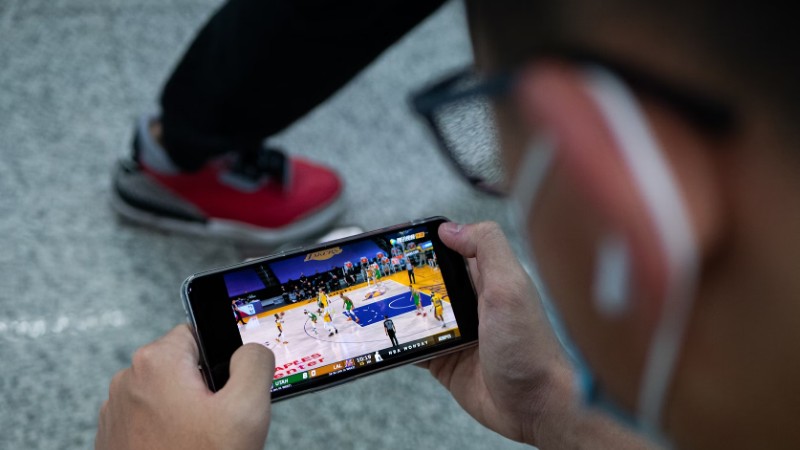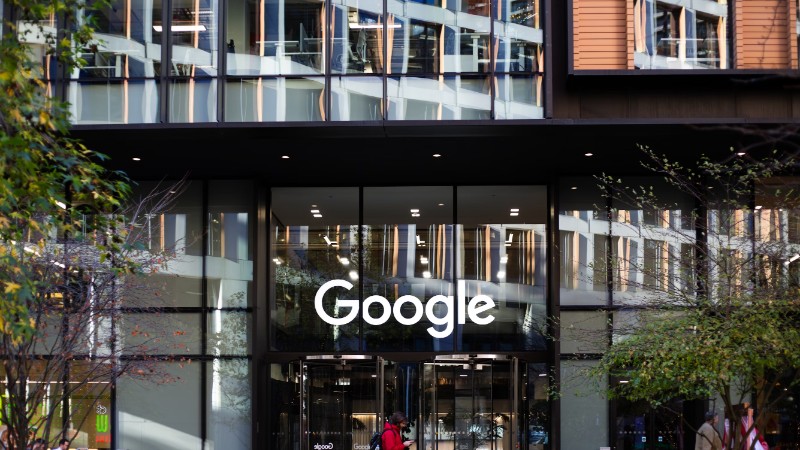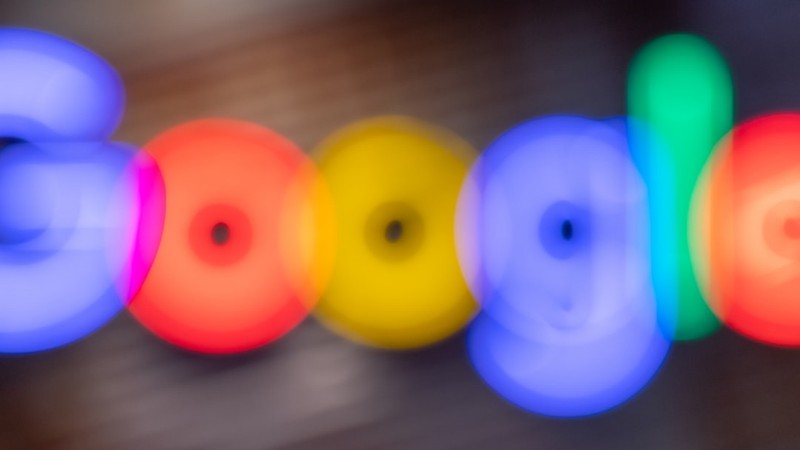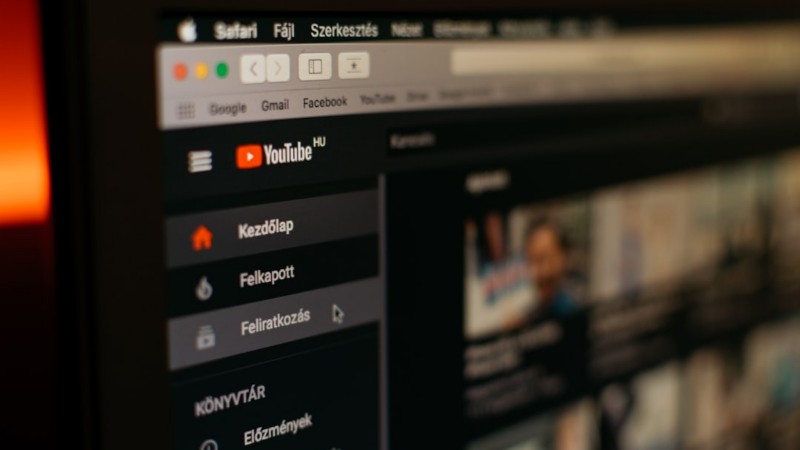Social Plus rebrand tests sweepstakes casinos under pressure
Policy UpdatesA new trade group for social casino-style operators is trying to reframe the sweepstakes model just as regulators and major tech platforms escalate their scrutiny of online gambling. The Social Gaming Leadership Alliance has introduced Social Plus as a fresh label for games that use virtual coins and sweepstakes promotions to offer cash prizes. The initiative lands in the middle of a clampdown that includes Minnesotas move against dual-currency casino sites and a policy shift at Google that cuts off a key advertising channel. Together with a wave of state-level bans and proposed prohibitions, these actions raise questions over whether a marketing reset can meaningfully change how authorities classify the products. Google advertising shift hits sweepstakes On October 28, 2025, Google quietly updated its Gambling and games rules, inserting language that treats sweepstake casinos as outside the social casino category and subject to stricter gambling advertising standards. Under the revised Google policy, platforms that let players redeem tokens for real-world value can no longer rely on social-game certification to buy search or display ads. For sweepstakes operators that built their growth on low-friction search marketing, the change removes the worlds largest ad network as a routine acquisition channel. The alliance argues that Social Plus games are free to access, rely on optional purchases, and include adult-age checks and responsible-gaming tools. But Googles framework prioritizes redemption mechanics over branding, which pushes operators toward affiliates, influencers, and other channels instead. This shift is especially meaningful in a landscape where PPC gambling and PPC casino campaigns have long driven growth and user acquisition. States challenge Social Plus model Regulatory pressure is mounting in state capitals as well. On November 5, 2025, Minnesotas attorney general sent letters to 14 websites, including several prominent sweepstakes casinos, ordering them to stop serving residents by December 1, 2025 under state gambling and consumer-protection laws. State officials argue that presenting cashable sweepstakes coins as harmless entertainment obscures the legal reality of unlicensed internet gambling. The alliance promotes Social Plus as a standard that limits access to adults 21 and older and commits members to identity verification, data-security controls and responsible-play safeguards. Yet multiple jurisdictions have fully banned sweepstakes casinos, including California, Connecticut, Montana, New Jersey and Washington, while New York awaits a signature on its own prohibition bill, a picture captured in a national state tracker.








